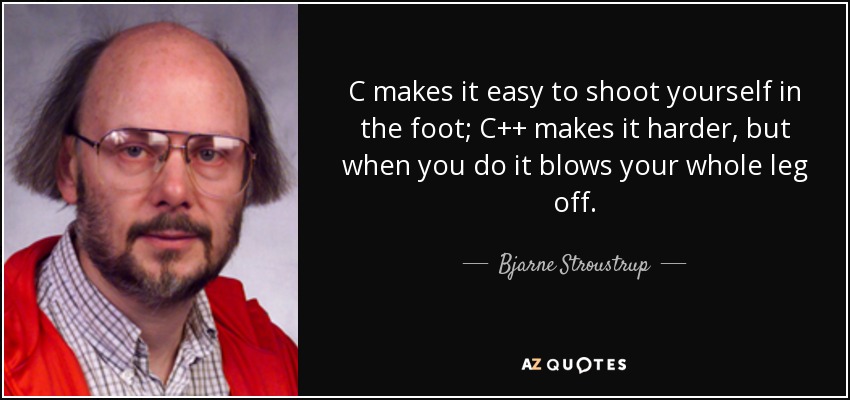I DIDN'T read all the responses, but I like what freakcoder told you and no disrespect to others before me, but learning these languages AND in the order they gave you is bad....
First of all, tell us what your goals are:
Web development:
HTML5, CSS3, PHP, SQL, JS(or jQuery, a JavaScript library)
Android development:
Java and XML(I would recommend the ionic Framework for mobile apps, since it's far more better than Android studio. Ionic uses web dev languages like HTML, CSS, jQuery and as far as I know, Ionic uses GPU to deal with transforms and transitions, which is a big plus)
iOS development:
Swift(but if you know Objective-C already, you can stick with it)
Any desktop application:
C#, Java, C++, C
And my favourite part, writing software WITH hardware optimization:
C++(if it's too hard for you, you can go with Rust, but I have never seen it as a job requirement, since its still just a baby and I don't think it will become the standard very soon...)
and Assembly(If you want to learn assembly the easy way, buy a Raspberry PI, since it uses an ARM processor and they have fewer instructions)
What language should you learn first? If you know JS already, you can switch to other languages, so doesn't matter. BUT, DO NOT start with assembly, C++ or C... And if you want to learn C++, don't learn C, they aren't the same, some say C++ is C with classes, which isn''t true..... It's an arguable topic, people still argue about it to this day. Btw, Javascript ISNT the same as Java and someone before me said that C++ and Java are the same, which is VERY FAR from the truth. Java and C# are almost the same syntax-wise. And don't waste your time with visual basic... I would also recommend you to stay away from Java as well, since I and a large part of the programming community hate it, but it still can be useful.
When you already choose what you want to do, become fluent in the required languages, then start learning about data structures and algorithms, after that go for discrete math. Problem solving is VERY important...
Huge part of these languages are multi-paradigm, but I always myself using mostly the procedural and object-oriented ones... At the end of the day, each paradigm has it's own uses and they shouldn't be compared.


